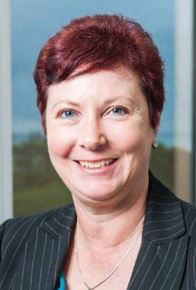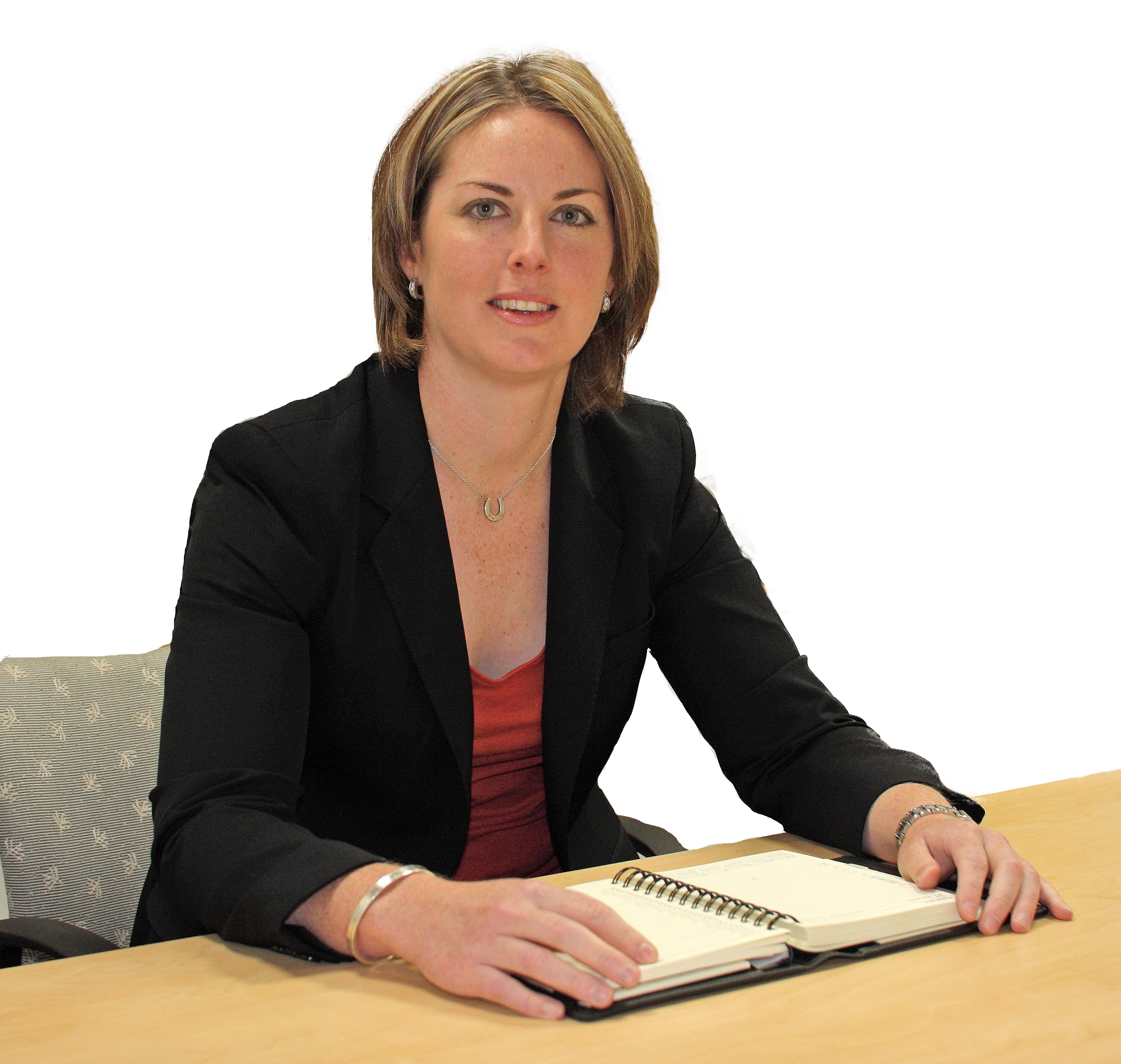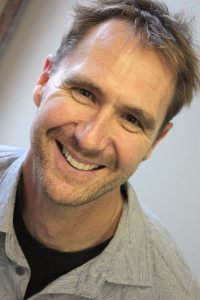Dr Caroline Perkins, Executive Director, Regional Universities Network
The Australian economy is moving from a heavy reliance on mining and manufacturing to a new era in which skills, knowledge and ideas will become our most precious commodities. The jobs and industries of the future will need highly skilled university graduates who can connect regional Australia with the global, innovative economy.

Caroline Perkins
The six regionally headquartered universities of the Regional Universities Network (RUN), CQUniversity, Federation University Australia, Southern Cross University, University of New England, University of Southern Queensland, and the University of the Sunshine Coast, make a fundamental contribution to their regions. They improve opportunities for regional Australians to access higher education. People who study in the regions largely stay the regions to work.
The teaching and learning activities, research and innovation and service functions of regional universities contribute to: human capital development; regional governance and planning; community development; health and ageing; arts, culture and sport; environmental sustainability; and industry and business development in regional Australia. Staff and students play active and visible roles in their communities and contribute to regional capacity building, including internationally. Regional universities are major employers across a wide range of occupations, and purchasers of local goods and services.
In Europe and the United Kingdom universities are seen as important players in Smart City Specialisations and City Deals.
The Australian Government is now adopting a more strategic approach to regional development. This includes establishing a Regional Australia Ministerial taskforce, chaired by the Prime Minister, with representation from a range of portfolios including regional development, education, industry, employment and agriculture. Two city deals announced in 2016, Launceston and Townsville, have universities as key players. A Precincts Advisory Committee has been established to advise on a possible university innovation precincts strategy.
Dr. Caroline Perkins attended our 2016 National Sustainability in Business Conference.


 We are pleased to announce Associate Professor Simon McArthur, Deputy Chair, Australian Regional Tourism Network as a Keynote Speaker at the
We are pleased to announce Associate Professor Simon McArthur, Deputy Chair, Australian Regional Tourism Network as a Keynote Speaker at the 